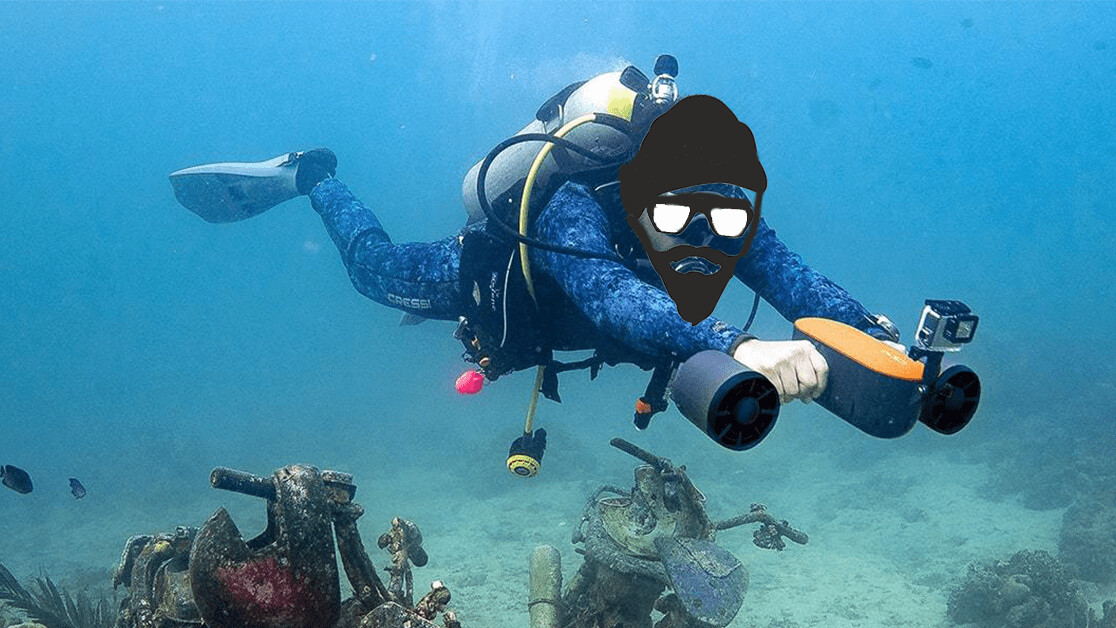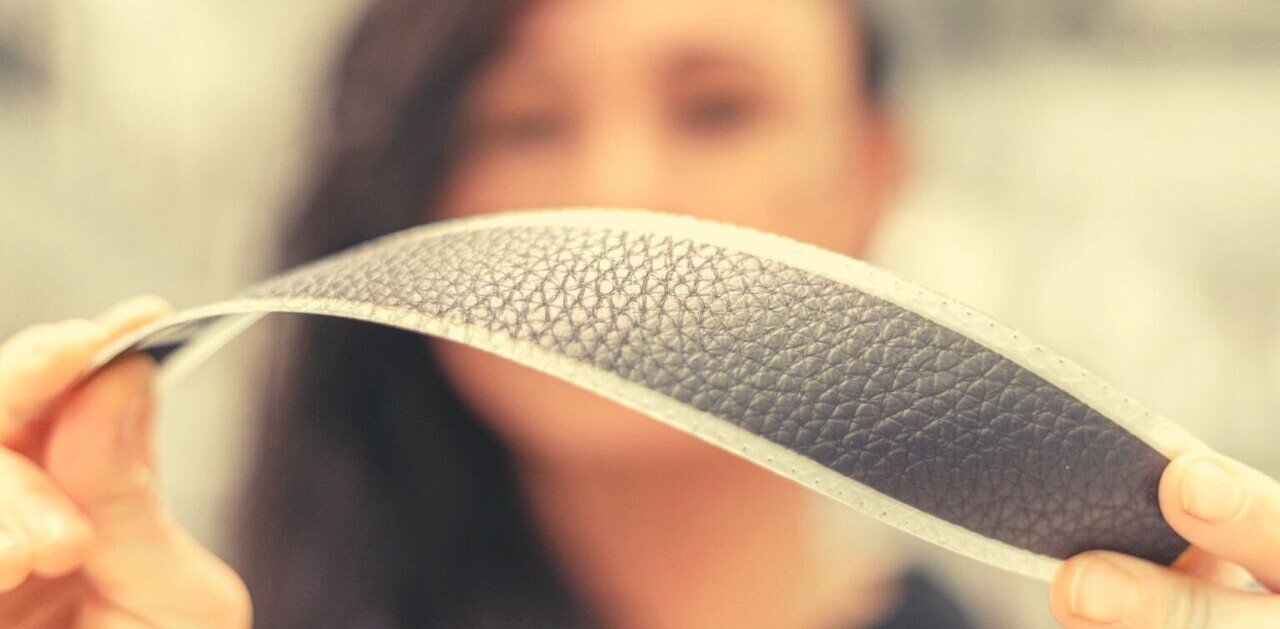
One of the best parts about the modern world is how once-futuristic technology is now available to pretty much anyone. Take for example, an underwater scooter.
This is the sort of thing you wouldn’t see outside of a spy movie, but now you have equipment like the Geneinno S2 that you can, well, just go out and buy.
So, let’s talk about the Geneinno S2. It’s an underwater scooter that’s small enough to fit inside a backpack, has a battery small enough to be transported on a plane, and can keep you moving in the water for up to 45 minutes.
Obviously, this is impressive — but I wanted to know more. How do you go about building underwater scooter? How do you design something like that? Well, I spoke to Geneinno and its CTO, Dr. Wang Shengwei, to find out.

Geneinno was founded in 2013 with the goal of improving the diving experience for professionals, Dr. Wang told me. Effectively, it was dealing with experts, not hobbyists. And this is why the company’s first product was an underwater drone to assist in exploration.
Geneinno had some success with this, but noticed something one day: someone jumped into a swimming pool with one of their drones, grabbed it, and used it to drag themselves around.
Like when Newton saw the apple fall, an idea was born. They began designing the S1 underwater scooter. But, of course, this wasn’t without its challenges.
Dr. Wang told me one of the biggest obstacles they had to overcome was power, both on the battery and motor side. The key for Geneinno was finding the perfect balance between the size and speed of the vehicle. It had to be powerful enough to drag someone along, but small enough to be transportable.
To hit the sweet spot, Geneinno tested a range of different motors, batteries, and chassis before it launched the S1.

The move from the Geneinno S1 to to the Geneinno S2
The original underwater scooter — the S1 — followed the same pattern as the company’s drone, with Geneinno targeting divers and other marine professionals. But it quickly saw the potential in the wider market and it decided to build a product more suited to the consumer.
I asked Dr. Wang how Geneinno shifted the design from a B2B product, to a B2C.
One of the big aspects revolved around excitement. The S1 was designed to move divers slowly around a landscape, while the S2 had to be more fun. This meant, as Dr. Wang told me, increasing the motor efficiency.
Another change in this vein was switching out the removable battery in the S1 and using an in-built one in the S2. This, combined with a Bluetooth element that allows the underwater scooter to be controlled from afar, made it far more suitable for children and families.
Dr. Wang summed up the evolution as a design change of system, structure, and shape — all focused on making the S2 ideal to use for the general consumer.

What’s next for Geneinno?
The company is planning another edition of the S2, as the market for use in swimming pools and for casual users still has a lot of growth potential.
Apart from that, the company’s focus is trying to satisfy the needs of two very different user groups: those looking for a fun bit of kit, and professionals searching for high-quality equipment.
I’m excited to see where Geneinno goes next on its design journey. And at least now we know the answer to the question of how you design an underwater scooter: you simply start with a drone.
You can find more out about the Geneinno S2 here.
Get the TNW newsletter
Get the most important tech news in your inbox each week.




